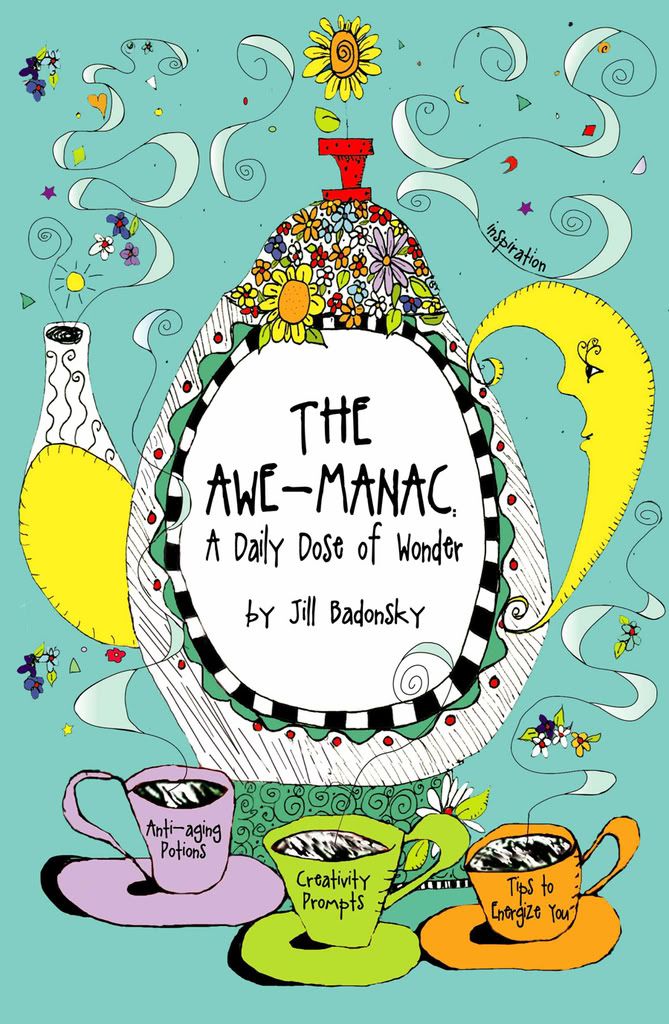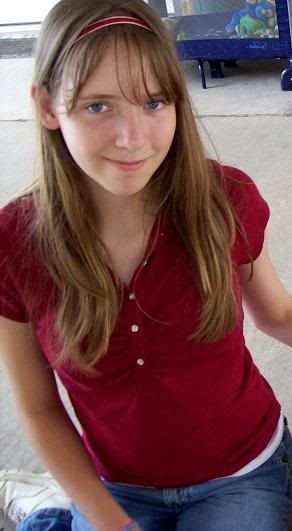P.I. Barrington is the author of Miraculous Deception—the second book in the Future Imperfect suspense series, just released by Desert Breeze Publishing, Inc. After a long detour in the entertainment industry, where Barrington worked as a newspaper journalist, radio talent, and at a major record company, she returned to her original career choice: fiction-writing. Barrington speaks with Write On! about writing a series, her return to fiction, and her next series—Button Hollow Chronicles #1: The Leaf Peeper Murders—cowritten with her sister Loni Emmert. The Leaf Pepper Murders will be published in August.
What led you to first start writing?
In elementary school we were told we had to write a creative essay about the American Flag for a contest held by the local VFW group. We had parameters to follow, it had to be first person, you had to give all the important information, how flags are destroyed, stuff like that. I thought it was silly, especially since they assigned us numbers instead of our names (to ensure no favoritism), but I wrote it up anyway. I won. I should have known then what the future would hold for me, but I still held out hope. LOL! Besides, I only ever wanted to work in music.
How did you get back to writing fiction after years working in the entertainment industry?
My family nagged me into it. Eventually I had to return to doing something creative, and writing was always easiest for me. It had been so long since I’d touched a pen or a keyboard for writing that I couldn’t pull it together at first and was just stumbling all over the place. I hadn’t thought about plot or characterization for decades. Finally I decided to start with short stories to force some discipline on myself. Once I came back to what I knew and felt confident enough, I decided to submit a complete manuscript—well, an almost complete manuscript.
How are the two types of writing—fiction and entertainment—different? Are their any similarities?
Writing is on flat paper and the story exists in the mind of the writer and reader. Movies and television take that story on flat paper and take it out of your mind and make it 3-D—and I’m not talking special effects. I’m talking about making it real in a sense, giving it life with physical environments and people. In my humble opinion, it speaks to the talent of the writer when a director translates the story into the exact visuals that the writer and reader see in their mind. Stephen King’s Carrie—the original film by Brian De Palma—is the perfect case in point. For me, the sets the actors (with the exception of Sissy Spacek being too thin) were identical to the images in my head when I read the book. An author who can make almost everyone see the same image is one talented writer.
Scriptwriting is also visual in that you’re writing scenes that have actual instructions and directions as to what the actions should be rather than painting the entire scene as on a canvas like authors do. So much of the entertainment industry is based on the visual—actors, musicians (though less so at times), movies, films, television all make up the majority of entertainment.
Tell us about the Future Imperfect Series, and the recently released second book Miraculous Deception.
I don’t want to give anything away but the second book is more … deceptive, more betrayal, and is a bit less high-speed than book one: Crucifying Angel. It develops characterization a bit more; it’s more character-driven, if you will.
Why did you decide to write it as a series?
Actually my editor suggested it and the storyline lends itself well to a series. The romantic element is a very slow build between Payce and Gavin but I think the third book will surprise everyone.
How did you go about creating the concept? The characters?
Again, my editor wanted a destroyed environment and for some reason Las Vegas popped into my head and never left. It’s one of the best settings for an environmental breakdown because of the old mining contamination and the atomic testing of the past. But I also wanted a place that thrived on that atmosphere and lent itself to vivid description. Las Vegas is certainly vivid.
My characters came (and usually do) from shots of actors that impressed me in some way. Payce Halligan came from a shot of a woman target practicing with a gun. Gavin, well, I’m still out on that one—I cannot get a visual lock on this guy. But I did make him tall, dark, and British, which worked well because I wanted him out of his element—into burning hot Las Vegas—from cool, green Britain. I’m a writer who likes to give my characters dreadfully awful emotional baggage to drag around with them. My characters have to have massive conflict internally including the villains.
What are the specific elements a writer needs to consider when writing a series?
First and foremost, every book in the series has to stand on its own as a novel. Each book has its own separate plotline and story and a good book will have both old and new characters both to move the story forward and entertain and engage the reader. What you’re driving at is that the reader will want to go back to the first book (if they bought the second book separately and first) and also want the next or final book in the series. You have to give enough information in the second and third books to give the reader background without getting too verbose and/or obvious.
Also you have to have sympathetic characters, ones that make readers care about what happens to them; even lesser or accessory characters. I like to occasionally make the reader feel that losing a secondary character is upsetting. I want them to get attached to those expendable characters. Secondary characters can, however, act as antagonists for the protagonist and that really helps move the plot along. I do cliffhangers that readers seem to like and which easily lead into the next book of the series.
Your next series, Button Hollow Chronicles, coming out this summer, is something you wrote with your sister Loni Emmert. How was that experience? How is that similar to/different than the Future Imperfect series?
First, it’s a completely different genre. It’s a cozy type mystery rather than a “near-future” sci-fi type genre. I don’t write mysteries and my sister Loni doesn’t touch science fiction plus our writing styles are also completely different. At first, it was a struggle until we found a system that worked for us: tag teaming it. Our tag teaming consisted of one of us writing until we were stuck and then the other would take over. It sounds like it shouldn’t work, but it does—for us at least.
Button Hollow Chronicles #1: The Leaf Peeper Murders differs too in that neither of us had complete control over the plot, the characters and that we had to literally teach each other how to write in each others’ genre and tweak each others’ writing styles. With Future Imperfect, I had control and never answered to anyone about what I did or how I did it. But I think in the end it was a very positive experience for both of us—we stretched our imaginations, our abilities, and excised our prejudices over different genres and styles.
Additional advice for writers?
Be hard on yourself and your writing. Make sure you are committed to creating the best work you possibly can and that doesn’t mean continuous re-writing. It means looking objectively at what you write and tossing out anything that isn’t top notch like clichés, trying too hard to be clever and then knowing when you’ve done your best. And be open to learning from everyone and everything you can, it only makes you better!
What do you know now that you wish you knew when you first started writing?
That I should have kept at it, even if part-time, and that I should have given submitting a novel a serious attempt earlier in my life. You can’t win the lottery if you don’t buy a ticket.

![MiraculousDeceptionCoverArt72dpi[1]](https://writeononline.com/wp-content/uploads/MiraculousDeceptionCoverArt72dpi1.jpg)










Comments are closed.
[…] Acuna, The Business of Show Institute P.I. Barrington, Miraculous Deception LA Talk Radio’s Film Courage with David Branin and Karen Worden Helen Benedict, The Edge of Eden […]